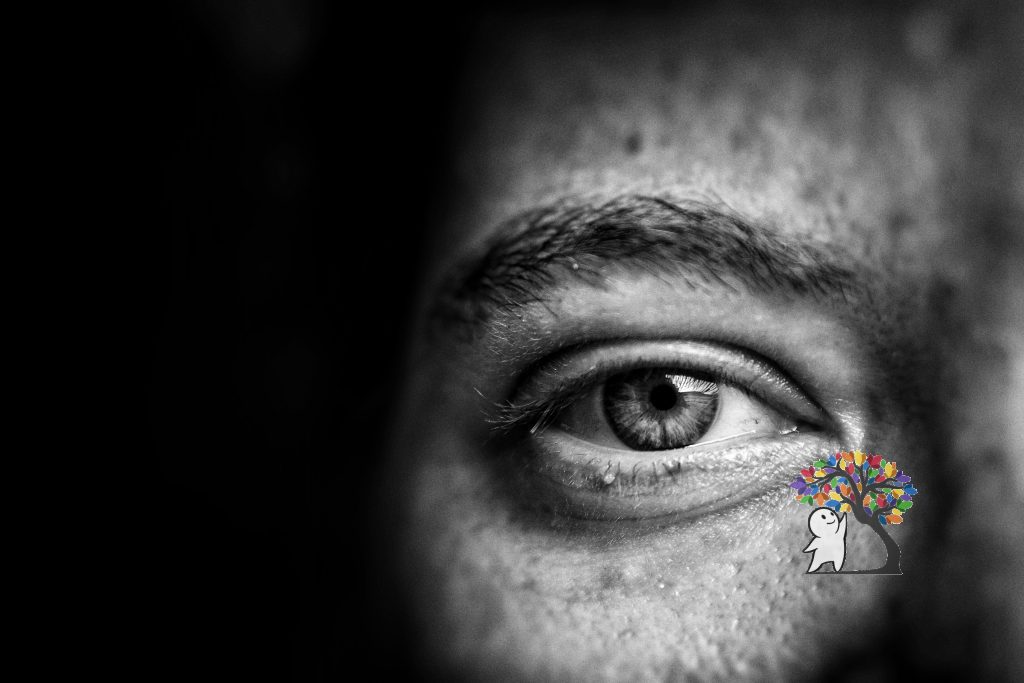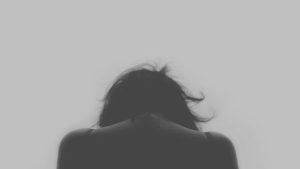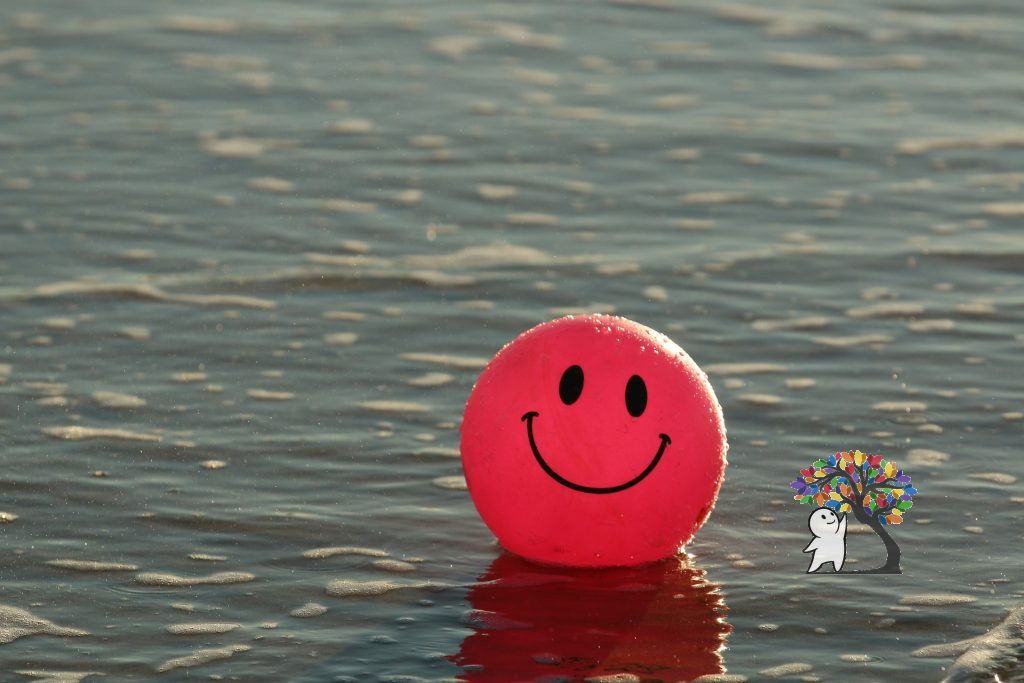Acne and How it Affects Your Entire Life

The fact that acne causes sufferers mental health problems is not a revelation. It’s been almost every teenager’s nightmare for decades.

I suffered from acne throughout high school though not as bad as a few of my friends. Still, that didn’t make it any easier to live with. I tried everything to keep my skin clear.
I put toothpaste on pimples because that was supposed to make them go away faster. It didn’t. I tried every soap, every face cleanser, and every facial mask on the market. None of them worked for me.
My social life was ridiculous. I wanted one, but I didn’t have one. Mostly because I was too afraid to try to expand outward from my small circle of friends. I didn’t like what I saw when I looked in the mirror and I was pretty sure no one else would either.
Acne Scars are Emotional Scars
If you have never had acne or any other skin condition, you can’t really understand the total lack of confidence a person with severe acne feels. You may think it is a trivial issue, after all, beauty is in the eye of the beholder, right? A few pimples on your face can’t ruin your life.
I’m here to tell you, pimples all over your face can destroy your life. Just when you think it is getting better, you wake up with a new eruption on your chin or forehead, and you want to cry. Acne causes embarrassment in the sufferer and because of that, no one wants to talk about it. Have you ever had a conversation about your acne with anyone? Probably not.

In a study published earlier this year by the British Journal of Dermatology, researchers found data that validates the claim that acne causes depression. They analyzed patient records between the years 1986 and 2012 from a primary care database. They discovered that during the first year of an acne diagnosis, 63% of patients had an increased risk of developing depression when compared to non-acne patients. This depression lasted up to 5 years after successful acne treatment. That is a long time to not like what you see in the mirror.
Acne’s negative impact on self-esteem leads to anxiety and long-lasting clinical depression with teenagers being highest at risk.
The teenage years are tough without the added stress of acne. It’s the transition to adulthood that looms closely on the horizon and expectations are high. But, instead of learning our place in the world, those of us who suffer from acne withdraw from social activities and avoid dating. We don’t gain the same type of problem-solving skills and we try to get lost in the crowd. Our lack of self-esteem shows up in other ways too such as:
- • Avoidance of eye-contact
• Hair that covers the face
• Walking with head down
• Girls wear heavy makeup to try to hide pimples
• Avoidance of sports to avoid public changing rooms
When you don’t feel good about yourself, your favorite place is anywhere you can be alone. This leads right into a gigantic black hole.
Acne and Depression
Everyone suffers from occasional sadness or a general feeling of being down. It’s different when you suffer from acne. It’s a prolonged sense of believing you aren’t good enough.
Our society puts a huge emphasis on appearance. With everyone having a smartphone and an Instagram account there is no shortage of selfies as you scroll through your feed.
Acne appears on your face. It is the part of yourself that people see first, and everyone wants to make a good first impression. It’s difficult when you keep your head down and wish you could hide.
If what I’m saying describes you, know that you are not alone. Remember 63%, (that is over half) of people suffering from acne have these feelings of self-doubt. The most important thing to do when you feel this way is to get help. As difficult as it is, talking about it with your doctor can help.
Making it Better
Your life doesn’t have to be dictated by acne. It isn’t hopeless. It is a good idea to see a dermatologist, but if you can’t get to one, your regular doctor has solutions.
There are several prescription medications that treat acne and they work differently for everyone. It is a bit of trial and error and requires a lot of patience but don’t give up. Clear skin is possible for you.
There are many, many, home remedies for acne. In my experience, none of them work. Don’t expect miracles from yogurt and honey slathered all over your face or baking soda scrubs. However, there is one product that I did find helpful. Tea Tree Oil. The smell isn’t pleasant, but you get used to it and it’s a small price to pay for clearer skin. You have to use it faithfully, but you get results.
Acne isn’t a death sentence. I realize it can feel like it at times, but remember, you are not alone in your suffering. People all around you are struggling with their own reflection and self-doubt.
Be good to yourself and be patient. Even without treatment acne often gets better as you get older. Pick your head up, smile, and own your place in the world.
References
I.A Vallerand, e. a. (2018). Risk of depression among patients with acne in the U.K. a population-based cohort study. British Journal of Dermatology, 178.
Mackenzie, M. (2018, February 9). All the Ways Acne Can Mess With Your Mental Health. Retrieved from allure: https://www.allure.com/story/how-acne-affects-mental-health-depression





[…] you for writing this Psyche 2 Go. I have really bad acne that is an autoimmune condition I can’t get rid of with a […]